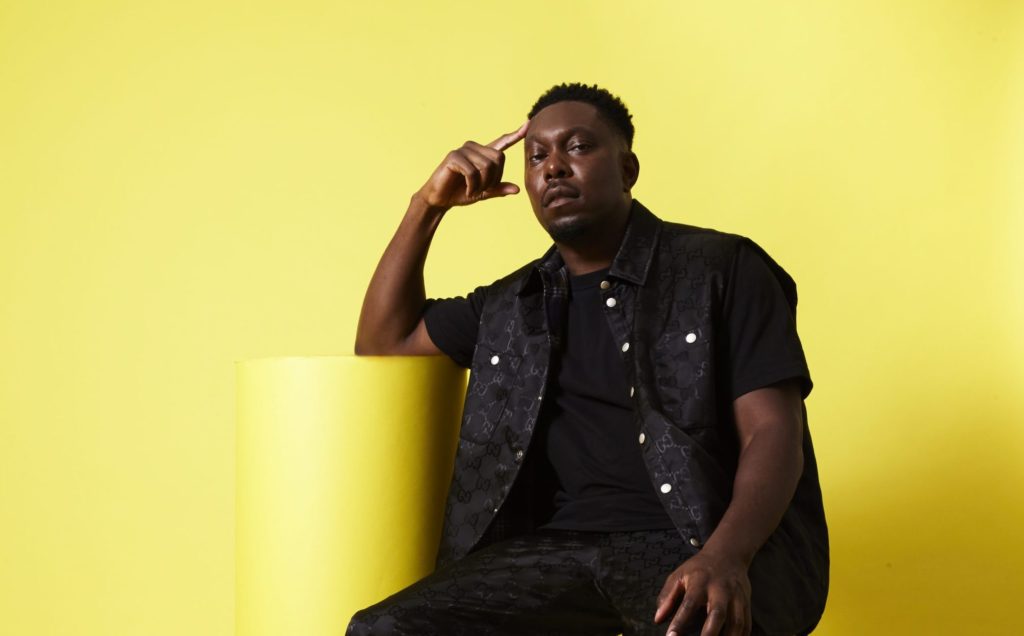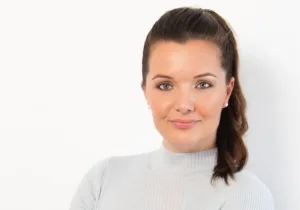By Ruairidh Roberts, Waze UK country manager
When you ask someone what in-car advertising means to them, the first thing they typically say is radio advertising in the form of an offer, followed by a long list of terms and conditions. Although radio advertising can be effective, if you’re looking for innovative, actionable, trackable ads then it’s time to explore the benefits of in-car, destination-based marketing, and how you can leverage the power of the voice to connect with consumers.
Today, in-car marketing is more important and effective than ever before, and it’s come a long way from the radio advertisements you might be used to. Due to health concerns, consumers are actively avoiding public transport and are becoming increasingly reliant on their vehicles to provide safer ways to travel. As such, COVID-19 has created a huge opportunity for brands and advertisers who are looking to target motorists. New research has found that for the first time since 2002, less than half of drivers would reduce their vehicle use if train and bus networks improved, indicating that cars are no longer just an alternative to public transport, but increasingly a necessity.
Through our Waze Ads platform, we have also seen these changes impacting how people shop. Consumers are spending longer periods of time in their cars, fitting more journeys into one so they have to leave the house less often. These shifts in behaviour are giving brands more in-car touchpoints with potential customers than ever before but using innovative and creative engagement methods is essential to their success.
Navigation apps such as Waze have accelerated consumer interaction opportunities for advertisers through location and destination-based marketing. But voice technology is a trend that continues to deliver value in terms of driver safety and increasing brand awareness.
Sat nav apps have long integrated voice activation functionality to decrease driver distractions. As new laws are introduced that prevent motorists from touching or interacting with their mobiles whilst in the car, advertisers must take this into account when looking to the future.
For example, our recent Google Assistant integration and hands-free features ensure that motorists don’t need to touch their phones to report accidents, road issues, or to check what turn is up next. This interactive technology allows our users to focus solely on the road ahead of them, rather than looking at their phone. But voice navigation isn’t only about utility.
The value of community
Waze is foremost a community platform, and acts as a co-pilot who has everything drivers need for a safe, entertaining and stress-free journey. The use of branded and celebrity navigation voices is an extension of this.
Our latest collaboration with grime artist Dizzee Rascal to mark the launch of his latest album, E3 AF, saw him telling users to “Fix Up, Look Sharp” when police were reported ahead, and warning them about the ‘bonkers’ amounts of traffic.
As well as being a fantastic way to promote entertainment launches, we have also used our voice technology to help tap into the emotional connection people feel for some of the world’s biggest brands. Last Christmas, we worked with Coca Cola on a festive campaign to bring Santa’s jolly voice to the Waze app, guiding users “Ho Ho” home. The recognisable voice kept drivers and their passengers amused and was a great example of how voice formats can drive increased brand awareness, positive sentiment and in-store purchases as a result.
Waze users are also able to record their own voice directions to share with friends and family. Imagine a grandchild recording voice directions for their grandparents to use on daily drives.
Ultimately, apps like Waze will be the last screen that users see before they enter their homes or before they go into a supermarket or shop. The influence this connection creates is enormous. In the example of Dizzee Rascal, users download his voice, enjoy using it on their journey navigations, and then go home and stream his full album.
As we head towards the end of 2020 and into the new year, the volatility of COVID-19 and the impact it has our daily routines will continue. But one thing is for certain – people are depending on their vehicles more than ever before, and brands must take advantage of the power of the voice to reshape in-car marketing strategies and connect with their audiences. Waze is looking forward to helping them along the way.









